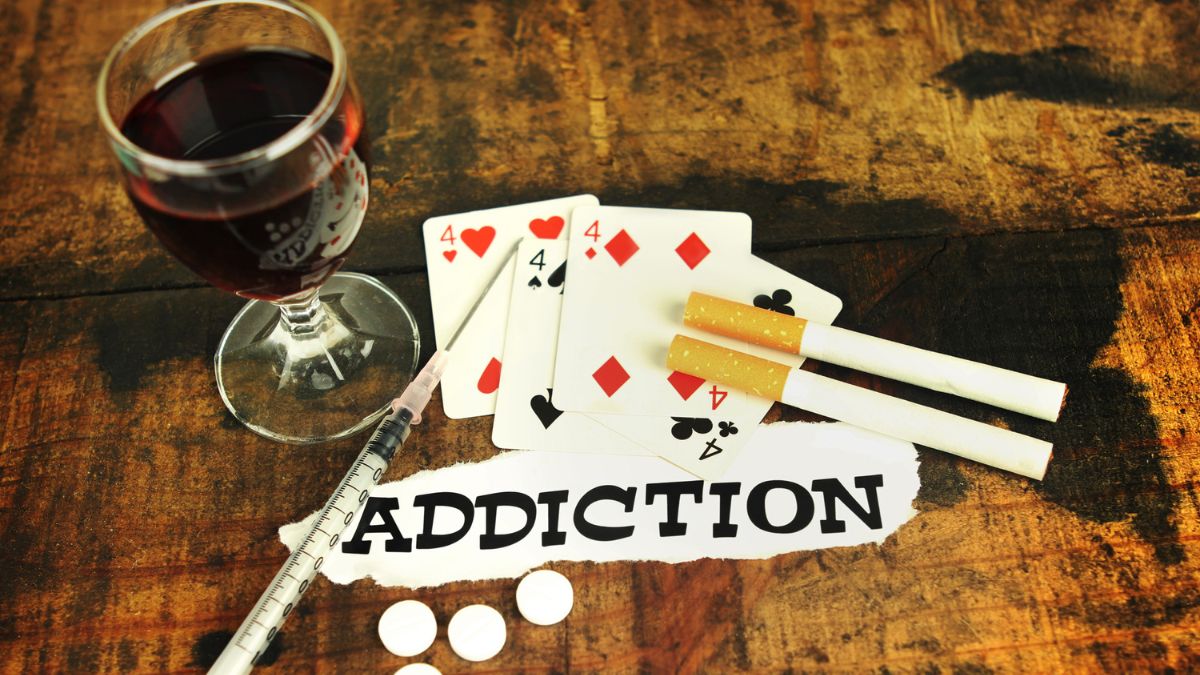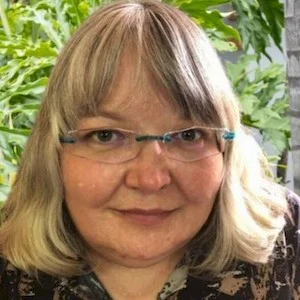
There is no fixed timeline for addiction recovery
How can you set realistic, compassionate expectations for recovery when there is no fixed timeline for addiction?
Addiction is incredibly complex and should be treated as a brain disease, but many people are curious about how long the recovery process actually takes. It might be frustrating to know that there is no simple answer to this question and the way people recover from addiction is different for everyone.
However, research shows that longer periods in treatment have better long-term recovery results.
There is also some research that talks to how long it takes for the brain to recover from addiction. We will explore these issues in this blog.

Firstly, we have to define what it actually means when we say ‘recover from addiction’ before we look at how long the process takes.
The National Institute of Drug Abuse (NIDA) defines recovery as “a process of change through which people improve their health and wellness, live self-directed lives, and strive to reach their full potential”. NIDA explains that even people with severe addictions can overcome their illness with help and regain their health and social function, describing this as ‘remission’.
However, being in recovery “is when those positive changes and values become part of a voluntary adopted lifestyle”.
So, recovery is more than simple abstinence, it is adopting a purposeful and new way of life. Despite this, most research focusses purely on abstinence rates and this is what we will look at in this blog.
The length of time it takes for a person to overcome addiction and achieve either abstinence alone or abstinence with recovery varies widely. It depends on several factors, including the type of substance to which they are addicted, the severity of their addiction, and their access to treatment.

Treatment Length
Research shows that, on average, 35% of people will relapse in the year after treatment if their rehab programme was less than 90 days long. This drops to between 16 and 21% for those who were in rehab for 90 days or longer. Relapse rates are even lower for those in treatment for a year or more.
Researchers have suggested that the 90-day mark has to do with a phenomenon known as “the sleeper effect”. The sleeper effect refers to the fact that the brain, specifically the prefrontal cortex, needs at least 90 days to heal to the point where decision-making and analytical functioning are restored to normal levels.
“Our brains renew themselves throughout life to an extent previously thought not possible.”
― Michael Gazzaniga
Recovery For a Lifetime
It is important to remember that once you get clean and sober and enter stable recovery, it does not mean that you are cured and can live like non-addicts. If you stop actively working on maintaining your recovery, you will eventually return to active addiction and have to start the process all over again. Recovery for the rest of your life takes a lifetime of work. And, although this may seem daunting to those starting their journey, anyone in long-term recovery will tell you that the rewards are well worth the work and discipline.
Conclusion
It’s important to note that addiction is a chronic condition and recovery is a process that can take time and require ongoing support. Even after someone has achieved abstinence, they are not cured and need to work a programme of recovery for the rest of their lives. Plain abstinence can sometimes be more painful than active addiction. Recovery, on the other hand, has the power to restore hope and help you create a life that is actually worth living.
“Any man could, if he were so inclined, be the sculptor of his own brain.”
― Santiago Ramon y Cajal










This Article at a Glance
| Aspect of Recovery | Short-term Treatment (<90 days) | Long-term Treatment (≥90 days) |
| Definition of Recovery | Recovery from addiction is not just about abstinence but adopting a purposeful and new way of life. | Similar to short-term treatment, recovery in the long-term context is about health improvement, living a self-directed life, and striving to reach full potential. |
| Relapse Rates | Relapse rates are lower. | Relapse rates drop dramatically after 90 days. Rates are even lower for those in treatment for a year or more. |
| The “Sleeper Effect” | The brain may not have enough time to fully heal, affecting decision-making and analytical functioning. | The brain, specifically the prefrontal cortex, needs at least 90 days to heal to the point where decision-making and analytical functioning are restored to normal levels. |
| Lifetime Recovery | Requires ongoing work and discipline. Risk of returning to active addiction if recovery maintenance is stopped. | Similar to short-term recovery, long-term recovery requires a lifetime of work and discipline. However, the rewards of this effort are typically seen as well worth the work. |
| Conclusion | Short-term treatment may not be sufficient to prevent relapse and foster long-lasting recovery. | Longer treatment periods tend to result in lower relapse rates and better long-term recovery outcomes. Ongoing support and effort are key to maintaining recovery. |
How long does it take to recover from addiction varies by person but research shows longer treatment and steady support lead to better recovery outcomes. Changes team counsellors are here to help you.How Long To Recover From Addiction Realistic Timelines








